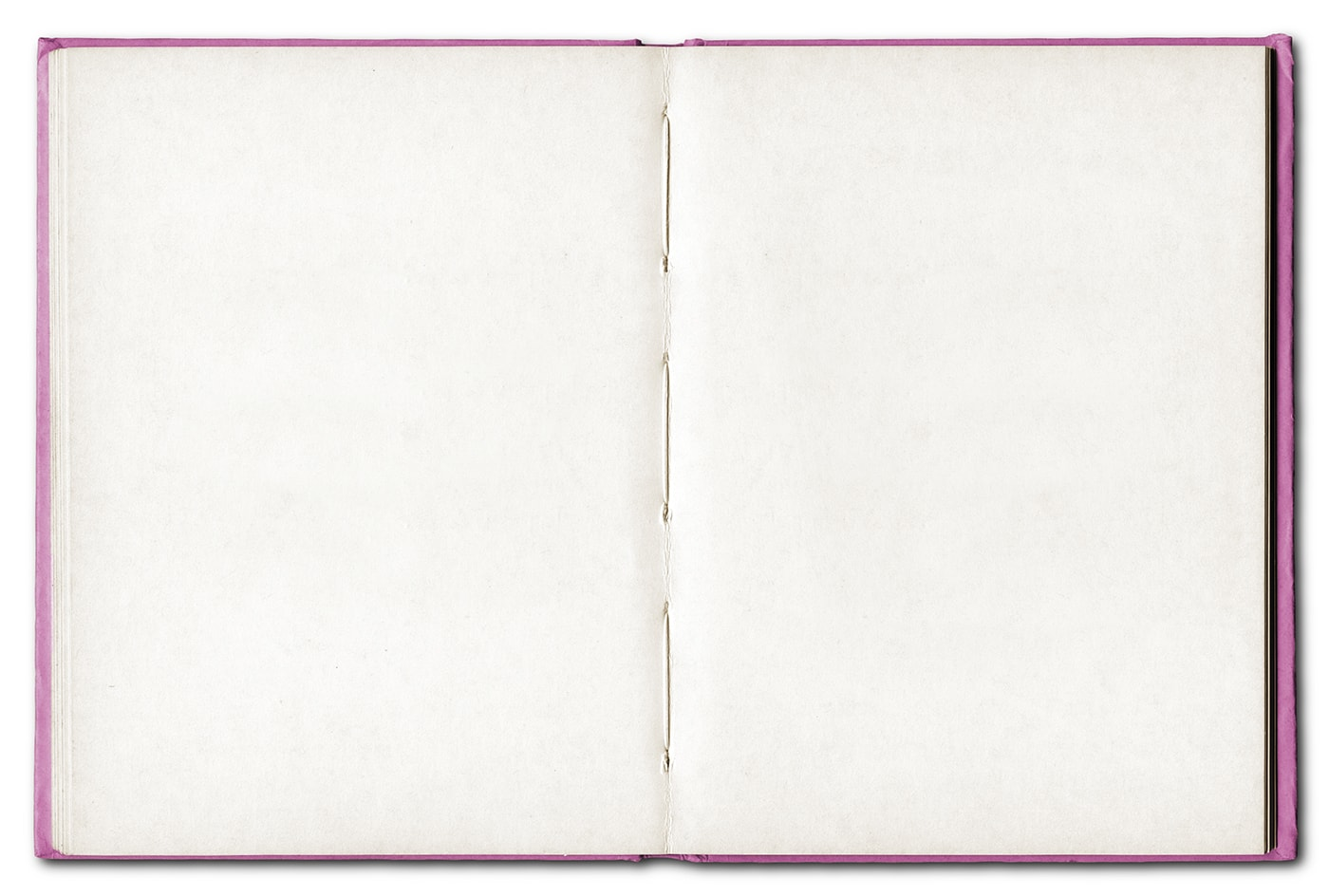Chapter
Reparations
As a profoundly bodily institution, even with the development of war technology, the military has plenty of experience in walking. This time walking was a team-building method, an intentional pedagogic choice. The cadets did not need to travel by foot in order to get back from the graveyard to the base, a trip of about thirty kilometers. However, the journey was more important than the arrival. The travel needed to be time-consuming, the route had to be long enough for connections to emerge. Time was of the essence then, and physical effort too. All bodies were needed, and all bodies needed to move at the same speed – the slowest setting the pace.
Walking with soldiers, belonging was at stake and the site of belonging is not just any. It is structured around the state so tight that the site can be forgotten, and yet it is always there. The walk did not happen only in a place, but within an institution. In this institution bodies were able (they had passed the test), white (all-white), manly (but not statically), and also different from each other.
The concept of belonging is ambiguous and multiple in everyday and scholarly uses alike, and “perhaps what is most important about the term is the texture of how it is felt, used, practiced and lived” (Wight 2014, 392). Belonging is an experience lived moment-to-moment. It is not just about stories of the inside and the outside, but sensations such as the thickness of a silence, the tightness of a grip and sweaty armpits; nuances hard to detect.
I was there too, as a body, walking and feeling. I could, of course, ignore that. But that would be ignoring an intensity which threw me out of balance, face down. After I got up, I walked with pleasure, and that pleasure was not just an aesthetic quality. It was a challenge, a reorientation. So, I began to think about the juxtaposition of paranoia and reparation.
According to Eve Kosofsky Sedgwick (Kosofsky Sedgwick and Frank 2003, 144), paranoia relies on exposure, that is a
cruel and contemptuous assumption that the one thing lacking for global revolution, explosion of gender roles, or whatever, is people’s (that is, other people’s) having the painful effects of their oppression, poverty, or deludedness sufficiently exacerbated to make the pain conscious (as if otherwise it wouldn’t have been) and intolerable (as if intolerable situations were famous for generating excellent solutions).I am not able or willing to abandon paranoia entirely. The paranoid part of me walks at a distance and affirms what it already knows. Paranoid Me wants to save people, and save herself. But I will try to think-feel beside that paranoia. For one, because I did not walk with paranoia alone. I wanted to exist in relation, to walk with. So I walked – not knowing it at the time – repairing damage.
Next I am going to walk you through four ‘small acts’ from my autoethnographic moment which I hope can shed light on to the profound human need to belong: Act one: Shame; Act two: Care; Act three: Being a body, leaving a body; Act four: Arrival.



